“A high–quality Science education provides the foundations for understanding the world through the specific disciplines of biology, chemistry and physics. Science has changed our lives and is vital to the world’s future prosperity, and all pupils should be taught essential aspects of the knowledge, methods, processes and uses of science. Through building up a body of key foundational knowledge and concepts, pupils should be encouraged to recognise the power of rational explanation and develop a sense of excitement and curiosity about natural phenomena. They should be encouraged to understand how science can be used to explain what is occurring, predict how things will behave, and analyse causes..”
(National Curriculum 2014)
Intent Statement
Pupils are taught the key knowledge, methods and uses of science outlined in the National Curriculum. Our Intent is for our children to leave St Gabriel’s as confident scientists, inspired to explore and pursue the huge range of STEM careers available to them. We want our pupils to enter secondary school with both a detailed knowledge of the inter–related disciplines of biology, chemistry and physics and a strong understanding of the nature, processes and methods of science, developed through practical experiments.
St Gabriel’s teaches Science as a discrete subject from Years 1 to 6 and. In all year groups, there will be lots of opportunities for hands–on experiences. Each unit is designed to support the development of a specific area of scientific knowledge, along with a strand of scientific skills. The curriculum is designed to be spiral in nature, with pupils returning to areas of learning in greater depth as they move through the school. Each unit follows an enquiry approach.
In Early Years, children will discover science through the Understanding the World area of learning.
Intended Impact
During the children’s learning journey at St Gabriel’s, our intended impact of the Science Curriculum is to ensure that children:
- develop scientific knowledge and conceptual understanding through the specific disciplines of biology, chemistry and physics
- develop understanding of the nature, processes and methods of science through different types of science enquiries that help them to answer scientific questions about the world around them
- are equipped with the scientific knowledge required to understand the uses and implications of science, today and for the future



